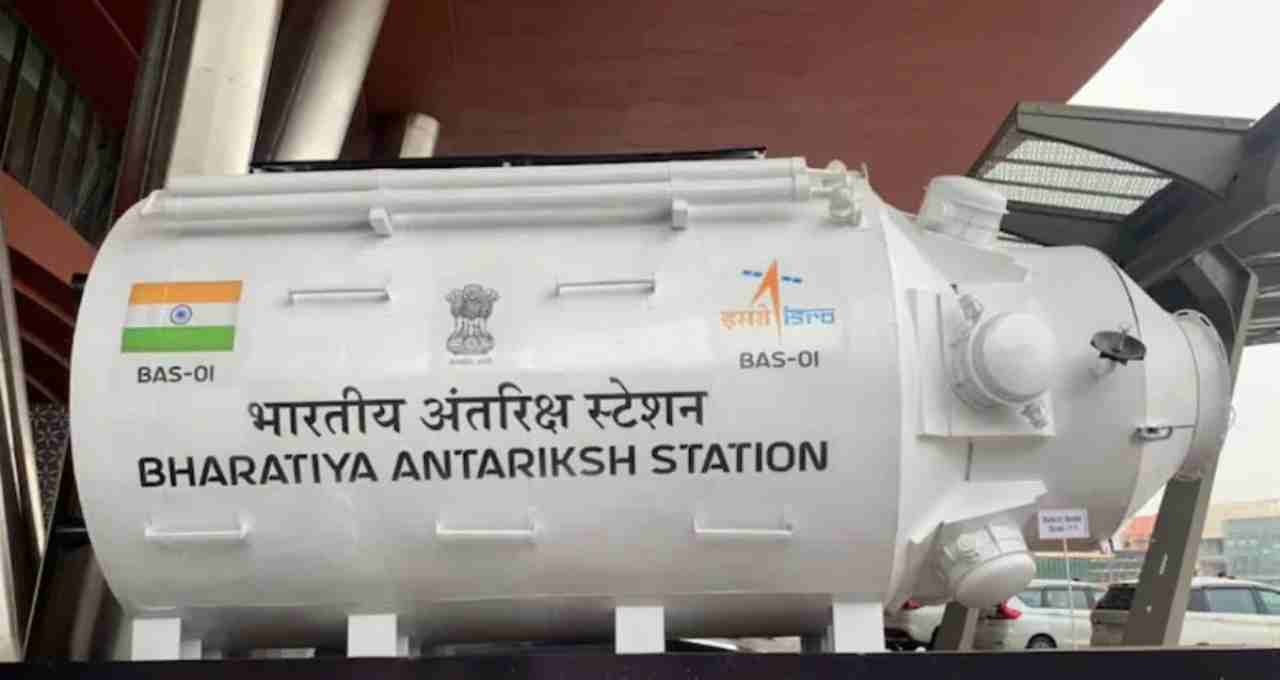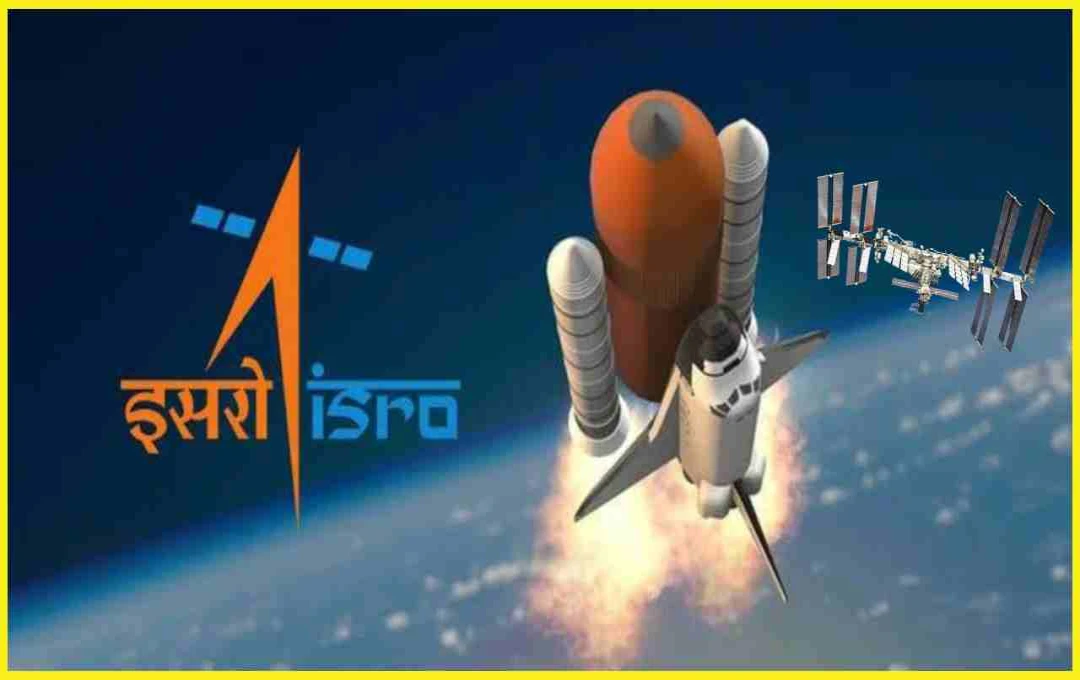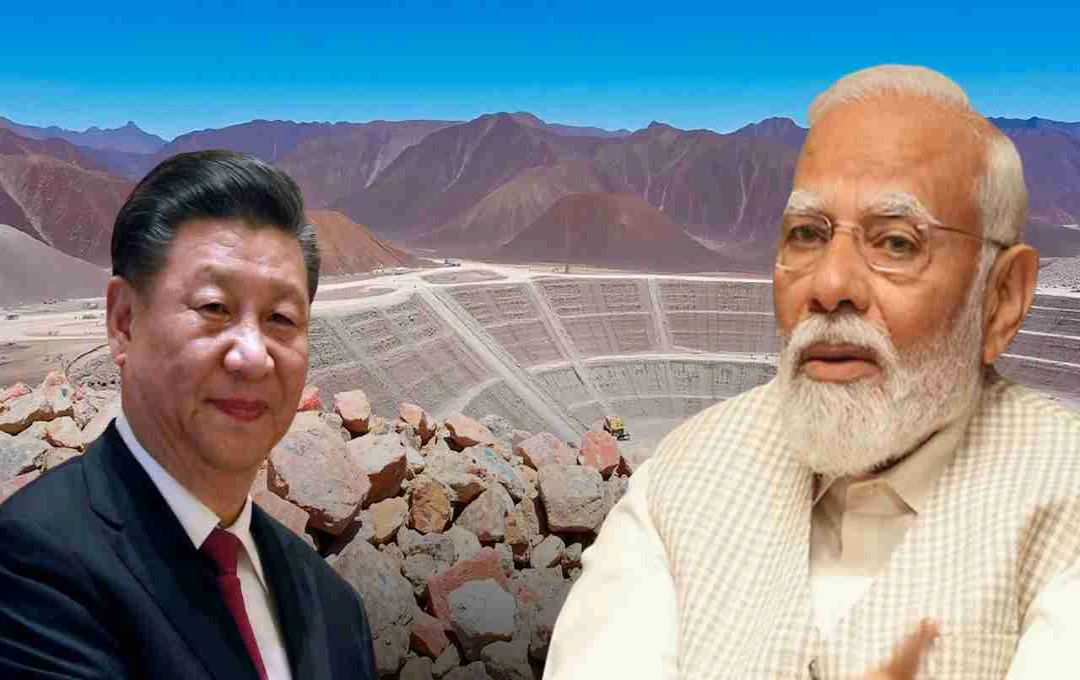India has taken another significant stride towards its ambitious space programs. The Indian Space Research Organisation (ISRO) recently unveiled a model of the first module of the Bharatiya Antariksh Station (BAS – Indian Space Station).
Bharatiya Antariksh Station: The Indian Space Research Organisation (ISRO) unveiled a model of the Bharatiya Antariksh Station (BAS) module on Friday, during the two-day National Space Day celebration that commenced in Delhi. This is considered a historic step in India's space journey. ISRO plans to launch the first module of the BAS into space by the year 2028. Subsequently, the station will be expanded in a phased manner to become a permanent base for research, experiments, and future human missions.
India to Join Select Group of Nations
Upon completion of this ambitious project, India will join the select group of countries that operate orbital laboratories in space. Currently, there are only two active space stations in the world: the International Space Station (ISS), operated by five major space agencies, and China's Tiangong Space Station.
Once India's space station comes into existence, it will be the third major platform in the world, potentially revolutionizing scientific and commercial research.
First Module to be Ready by 2028

According to ISRO's plan, the BAS-01 module will weigh approximately 10 tons and will be placed in Low Earth Orbit, about 450 kilometers above the Earth. India aims to prepare and install five modules of the space station in orbit by 2035. Upon completion of this project, India will not only become a self-reliant space nation but will also provide a new research platform to the global scientific community. A key feature of the Indian Space Station is that most of its systems will be indigenous. These include:
- Environmental Control and Life Support System (ECLSS)
- India Docking System and India Birthing Mechanism
- Automated Hatch System
- Microgravity Research Platform
- Scientific Imaging and Viewport (for crew entertainment)
The development of these technologies will not only make India technologically self-sufficient but will also further strengthen its global position in space science.
Areas of Research
The research to be conducted on the Indian Space Station will be extensive. It includes:
- Propulsion and Liquid Refueling
- Radiation and Thermal Control System
- Micro-Meteoroid and Orbital Debris Protection (MMOD Protection)
- Space Suit and Life Support Technology
- Space Life Sciences and Medicine
- Preparation for Interplanetary Exploration
This station will also provide scientists with the opportunity to study the effects of microgravity on human health. Upon completion of the Indian Space Station, India can usher in a new era of space tourism. Through this, private companies and international partners will find Research and commercial opportunities. This step can make India an important partner in the global space economy.















